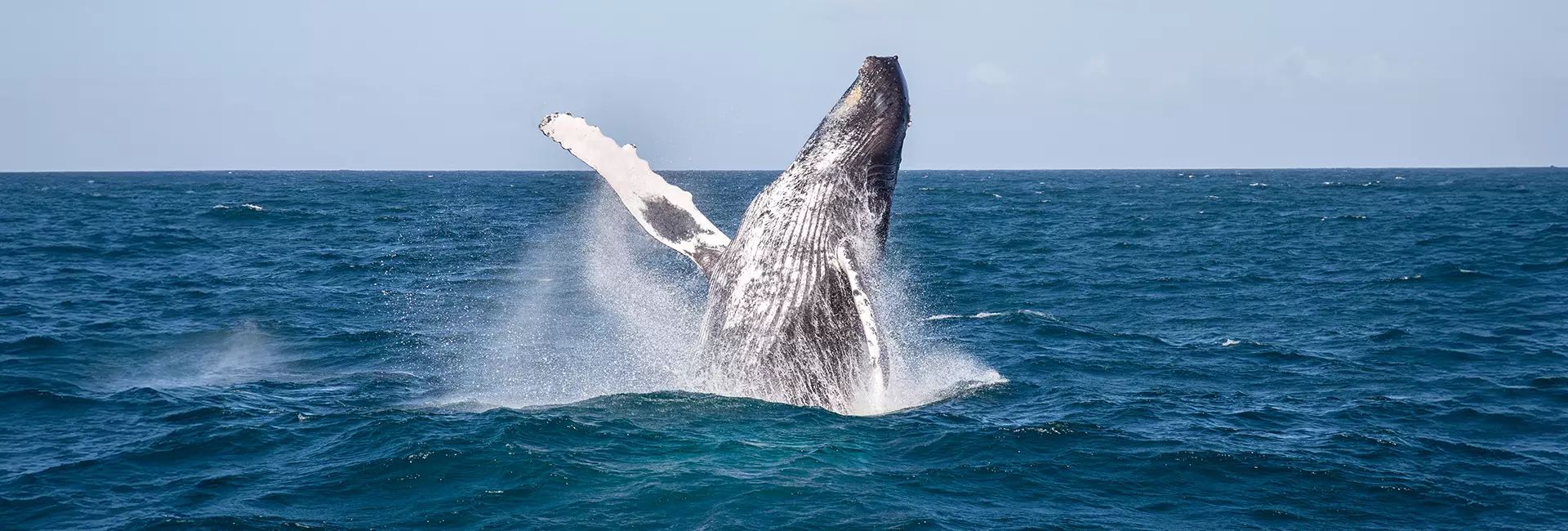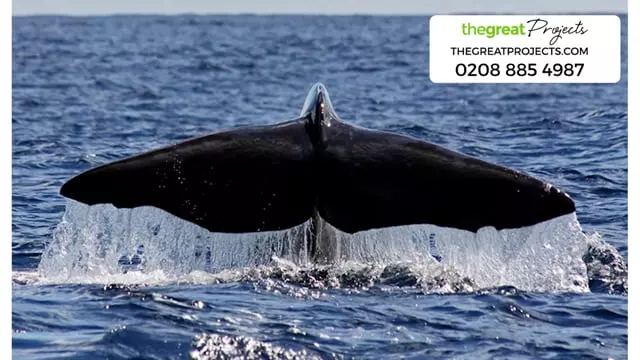
Whale Conservation
Whale Conservation
Why not aid whale conservation for your next trip abroad? Whales are part of the cetacean mammal family and are known for being very intelligent animals. The Cetacean family includes whales, dolphins and porpoises, and the one thing they have in common is that they are in need of our help.
By joining a whale conservation project, you can contribute to whale conservation efforts in a variety of ways. Whether it be taking part in educational touristic whale watching programs which adhere to a strict code of conduct that poses no harm to the animals, or photographing individual whales and monitoring their behavioural habits, all the work you will carry out is vital for the preservation of this species.
Whales sit at the top of the food chain and are a fundamental component of marine ecosystems, helping to maintain the overall health of our oceans. However, their fascinating nature has not urged humans to protect them, as many species are endangered. They face threats from scientific whaling, overfishing and pollution.
By joining a whale conservation project, you stand the chance of witnessing magnificent breaching humpback whales, curious sperm whales and possibly even the revered orca! There’s nothing quite like seeing the sheer size of a whale as you spot it on the ocean's surface and you can feel assured knowing that during this experience you are not interfering with the animals in any way.
What are you waiting for? Secure your place to aid whale conservation today!

Projects Do More
6 - 55 Nights from $939.00
Help to assist a team of marine biologists in important whale and dolphin conservation.
View projectOn the Blog
Whale Conservation Information
Whales At A Glance
Endangered Status
Endangered
Number remaining in the wild
Dependent On Species
Endemic Region
Oceans Around The World


